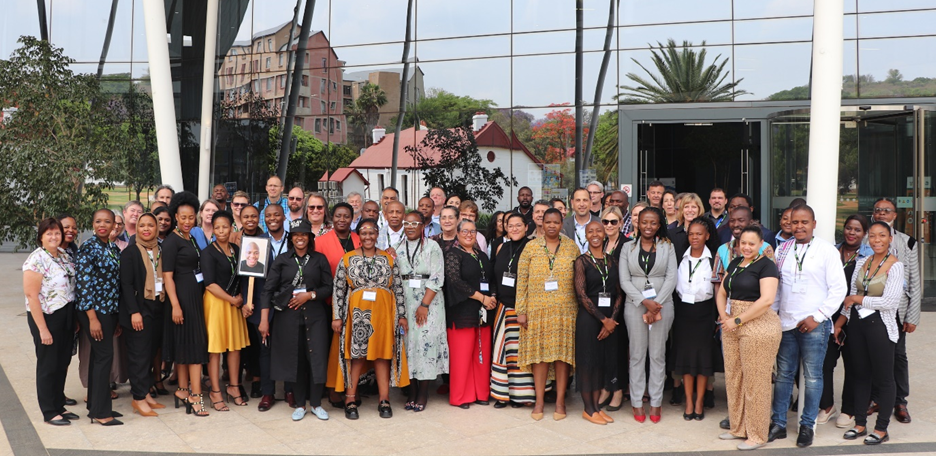South Africa holds Second Forum on Natural Capital Accounting

South Africa held its second in-person National Natural Capital Accounting (NCA) Forum on 18-19 October 2022, as part of the implementation and monitoring of the National NCA Strategy that was released by Statistics South Africa (Stats SA) in June 2021. The Forum was hosted by Stats SA in partnership with the South African National Biodiversity Institute (SANBI), the Department of Forestry, Fisheries and Environment (DFFE) and the Water Research Commission (WRC). The two-day event brought together a wide range of experts to share knowledge, experiences and ideas
The development of natural capital accounts provides valuable insight into the state of environmental resources, what benefits these resources provide to society and the economy, and how they can be integrated into planning and policy. South Africa’s work on NCA is part of a global initiative, aligned with the United Nation’s System of Environmental-Economic Accounting framework (SEEA).
In 2021 Stats SA, in collaboration with the SANBI and other government departments, published the National NCA Strategy which is a ten-year strategy for the advancement of natural capital accounts in South Africa. The overarching vision of the strategy is that NCA will be used widely to provide credible evidence for integrated planning and decision-making, in support of the developmental needs of the country.
In his opening address, the Statistician-General provided an historical perspective on how far we’ve come as a country in developing natural capital accounts, emphasising that we must work together to compile and use accounts to inform solutions to the challenges we face. Collaboration and partnerships are essential to advance NCA. He urged practitioners to develop accounts that are drawn from robust data and based on credible methods
NCA is multi-disciplinary, requiring expertise and data from numerous institutions. As part of her address to the forum, Nomfundo Tshabalala, Director-General of the DFFE, stressed the importance of collaboration and partnership between data producers – a key objective set out in the NCA strategy. She acknowledged the partnerships that have already been established and stated that there is no way in which a single institution can do NCA by itself.
Opening addresses were followed by two days of presentations from various attendees. Technical presentations covered the development of a range of accounts, including water, protected areas, and ecosystem accounts (land and marine). Other presentations covered broader issues, such as capacity building, collaboration, and the latest global and regional developments in the field. The forum included robust discussion on topics around data sharing, methodology, coordination, and how NCA can feed into policy decisions.
Keeping track of our natural resources with credible evidence is vital to ensuring that the country makes good decisions on how to manage interrelationships between the environment, the economy and society. The forum provided a valuable opportunity for South Africa’s NCA community of practice to meet, share and contribute to the advancement of NCA in South Africa.
For more information on the past NCA Forum, follow Stats SA on Twitter @StatsSA, SANBI @SANBI_ZA, DFFE @environmentza or WRC @WaterResearchSA with the hashtags #NCAForum2022 #NCA2022 #NaturalCapitalAccounting #EcosystemAccounting. Also visit the Stats SA Website for more information.
